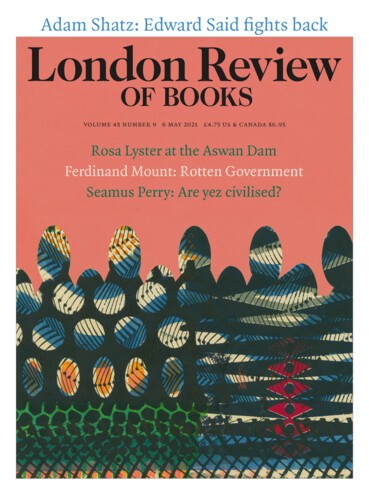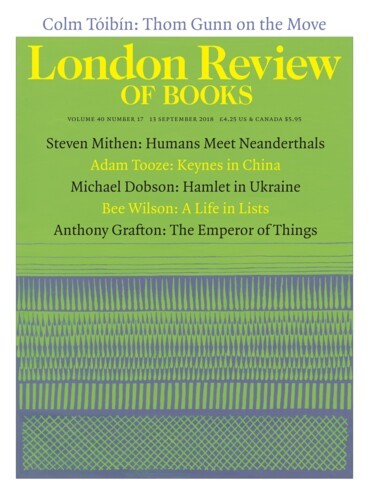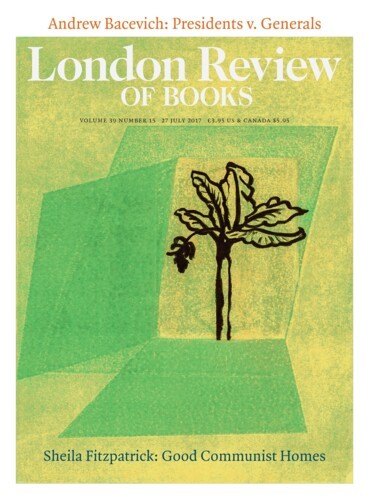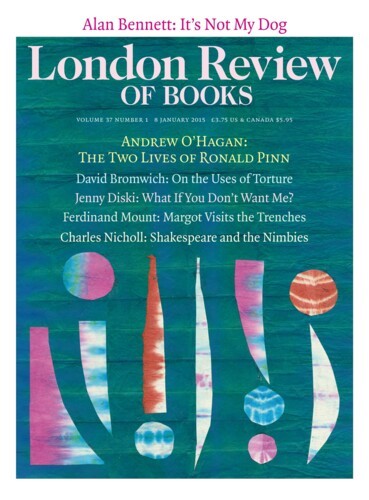Walkers in the Ruined City: History in Ruins
Anthony Grafton, 6 May 2021
Piranesi’s ‘Plan of Rome’ (1756)
The life of a Renaissance antiquarian was far from simple. In April 1436, when Cyriac of Ancona arrived in Athens, he was thrilled by his first sight of the Parthenon, the ‘marvellous marble temple of the goddess Pallas, the divine work of Phidias’. He counted its columns, admired its friezes and commented on the artistry...





